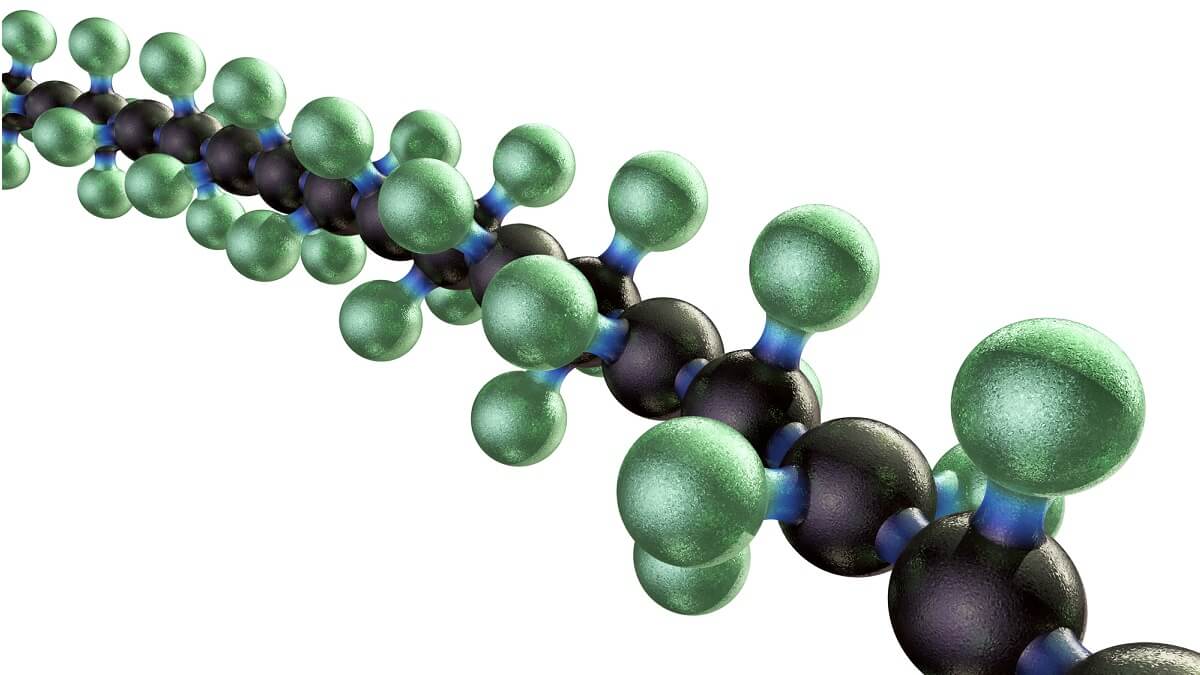Innovative Polymers: Reinventing Modern Production
Innovative Polymers: Reinventing Modern Production
Blog Article
Checking Out the Varied Applications and Advantages of Polymers in Different Industries
Polymers, with their varied range of residential or commercial properties and performances, have actually ended up being important in various markets, each gaining one-of-a-kind advantages from their application. From enhancing security and performance in the vehicle industry to changing medical tools in the health care sector, polymers play an essential function.
Automotive Industry Applications
Polymers play a crucial role in boosting the performance and resilience of numerous elements within the auto sector. These versatile products are extensively used in the production of various components, ranging from interior parts to under-the-hood applications. One famous use of polymers in the automobile market remains in the production of lightweight components. By changing traditional metal get rid of polymer-based choices, cars can attain enhanced gas efficiency without compromising on stamina or safety and security.

Health Care Sector Benefits
In numerous medical care applications, the benefits of utilizing polymers are widely recognized for their diverse variety of valuable residential properties. Polymers play a crucial role in the healthcare industry due to their adaptability, biocompatibility, and cost-effectiveness. One of the main advantages of polymers in health care is their capability to be tailored to specific requirements, such as versatility, durability, and biodegradability, making them suitable for a wide variety of medical applications.
Polymer-based materials are extensively used in medical tools, such as catheters, implants, prosthetics, and medicine shipment systems, because of their biocompatibility and ability to mimic all-natural tissues. These products can reduce the threat of sensitive reactions or rejections, enhancing person safety and outcomes. In addition, polymers are light-weight, making them suitable for wearable clinical devices and guaranteeing client convenience.
In addition, polymers allow the growth of ingenious treatment approaches, such as hydrogels for tissue design and nanocomposites for targeted medicine shipment. Their convenience of processing and sterilization makes them essential for preserving high criteria of hygiene in health care setups. In general, the varied benefits of polymers contribute review significantly to developments in clinical technology and individual treatment.
Ecological Benefits of Polymers

Furthermore, polymers can add to energy cost savings as a result of their light-weight nature. In sectors such as transport, light-weight polymer products can help in reducing gas intake and greenhouse gas emissions. Additionally, polymers can enable the advancement of energy-efficient products such as insulation materials that enhance energy conservation in buildings.
Additionally, polymers play an essential duty in minimizing water air pollution. For instance, making use of polymer-based purification systems can properly get rid of toxins and impurities from wastewater, guarding water sources and ecological communities. Generally, the environmental advantages of polymers make them valuable properties in promoting sustainability and environment-friendly methods across numerous sectors.
Polymers in Electronics and Technology
Considering the raising demand for innovative and lasting options in contemporary industries, the assimilation of sophisticated polymer technologies in the world of electronics and modern technology has actually emerged as a crucial approach for driving effectiveness and efficiency. Polymers have changed the electronic devices industry by making it possible for the production of lighter, a lot more versatile, and sturdy electronic why not try these out devices. From smart devices to clinical devices, polymers play a critical duty in boosting item design and capability.
One considerable benefit of polymers in electronics is their shielding buildings, which assist shield delicate electronic parts from environmental variables and electrical disturbance. Additionally, polymers are necessary in the development of versatile display screens, wearable technology, and printed electronic devices, supplying endless opportunities for producing clever and interconnected gadgets.
Furthermore, the use of polymers in digital product packaging has resulted in innovations in miniaturization and thermal management, improving the general efficiency and integrity of electronic systems. As technology continues to progress, the convenience and versatility of polymers will certainly drive additionally technology in the electronics industry, shaping the future of technology.
Function of Polymers in Construction and Framework
Polymers provide various benefits in the building and construction market due to their flexibility, sturdiness, and cost-effectiveness. One essential role of polymers in building and construction is their use in you could try here finishings and sealants, giving defense against ecological aspects such as moisture, UV radiation, and corrosion.
Moreover, polymers play an essential role in lasting building practices by making it possible for the advancement of energy-efficient structures. Insulating materials made from polymers help manage indoor temperature levels, reducing the demand for heating and cooling down systems and eventually reducing power consumption. The use of polymer-based composites in framework jobs such as bridges and roadways enhances their durability and reduces maintenance prices. Generally, the incorporation of polymers in construction and facilities displays their significant influence on modern engineering practices.
Conclusion
In final thought, polymers play a critical duty in numerous markets such as automobile, health care, environmental, electronics, and construction. From boosting fuel efficiency in vehicles to boosting medical devices, polymers provide numerous benefits.
Report this page